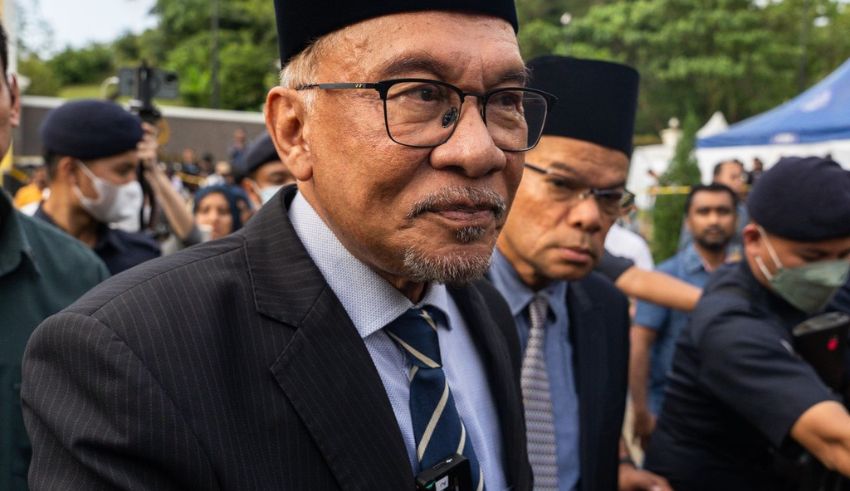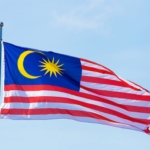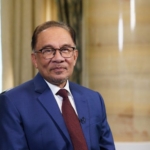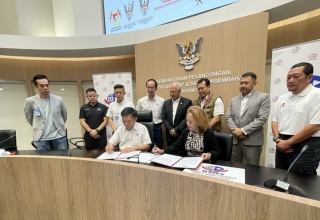
Amid rising criticism, Prime Minister Anwar Ibrahim of Malaysia is facing accusations of reneging on campaign promises to combat corruption and repeal laws restricting free speech. Civil society groups and human rights activists argue that Anwar’s government is selectively using these laws to stifle dissent and limit criticism, undermining the progressive and reformist agenda that his coalition, Pakatan Harapan, had campaigned on. Concerns also center around the dropping of corruption charges against Deputy Prime Minister Ahmad Zahid Hamidi, raising questions of political interference. These developments cast shadows on the government’s credibility and commitment to democratic reforms.
Anwar Ibrahim’s government, which assumed power less than a year ago, is under scrutiny for its handling of corruption cases and its stance on free speech. Critics argue that the prime minister has shifted his priorities, using some of the same laws he vowed to repeal to curtail criticism of his administration and appease conservative elements.
Broken Promises on Free Speech
Among the laws promised for review or repeal are the colonial-era Sedition Act, the Printing Presses and Publications Act, and the Communications and Multimedia Act. However, Anwar’s administration has used these very laws to investigate activists, block news websites, and confiscate publications.
Recent incidents have raised concerns about freedom of expression. Personnel from the Ministry of Home Affairs raided a bookstore and seized books based on the Printing Presses and Publications Act, despite the fact that the books were not banned. Critics argue that these actions contradict Anwar’s promises of reforms and open dialogue.
Repressive laws like the Sedition Act and the Communications and Multimedia Act have been criticized for their broad scope and lack of clear definitions, making them susceptible to misuse and abuse. Critics argue that these laws curtail freedom of speech and infringe on the right to information.
Keep Reading
Impact on Anti-Corruption Efforts
Anwar and his Pakatan Harapan alliance had campaigned on an anti-corruption platform, successfully unseating a long-standing ruling alliance in 2018. However, critics contend that the government’s anti-graft efforts have disproportionately targeted opposition politicians. The recent dropping of corruption charges against Deputy Prime Minister Ahmad Zahid Hamidi has raised concerns about political interference and accountability.
Anwar’s handling of corruption cases and freedom of speech issues has sparked questions about his government’s credibility and commitment to democratic principles. While these controversies may impact public support, his government relies on the backing of members of parliament who remain aligned with him.
Prime Minister Anwar has denied interfering in the case against Deputy Prime Minister Ahmad Zahid Hamidi, asserting that the attorney general is handling the matter. The Attorney General’s Chambers has defended the decision to drop charges, citing the judge’s qualification of the prosecution’s reasons as “cogent.”
These developments have heightened tensions in Malaysia, casting doubts on the government’s commitment to reforms and democratic values. Anwar Ibrahim’s leadership faces growing scrutiny as he navigates challenges related to corruption and free speech in the country.



























